Who Gets a Paid Obituary in the New York Times–and Why?
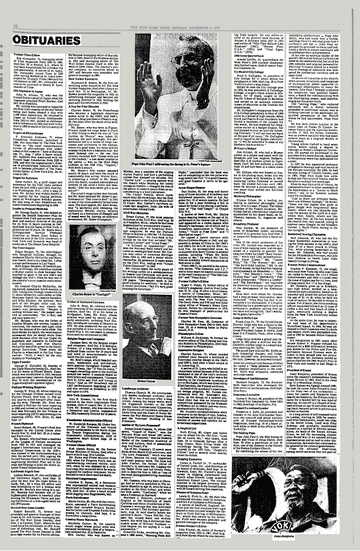
Getting an obituary in the New York Times is about the best posthumous status symbol there is. It connotes having lived a significant, important life. There are at least three books that reprint or examine these obituaries. But what about the paid obituaries, the death notices in a tiny font adjacent to the stories of […]
Five Myths on Presidential Health
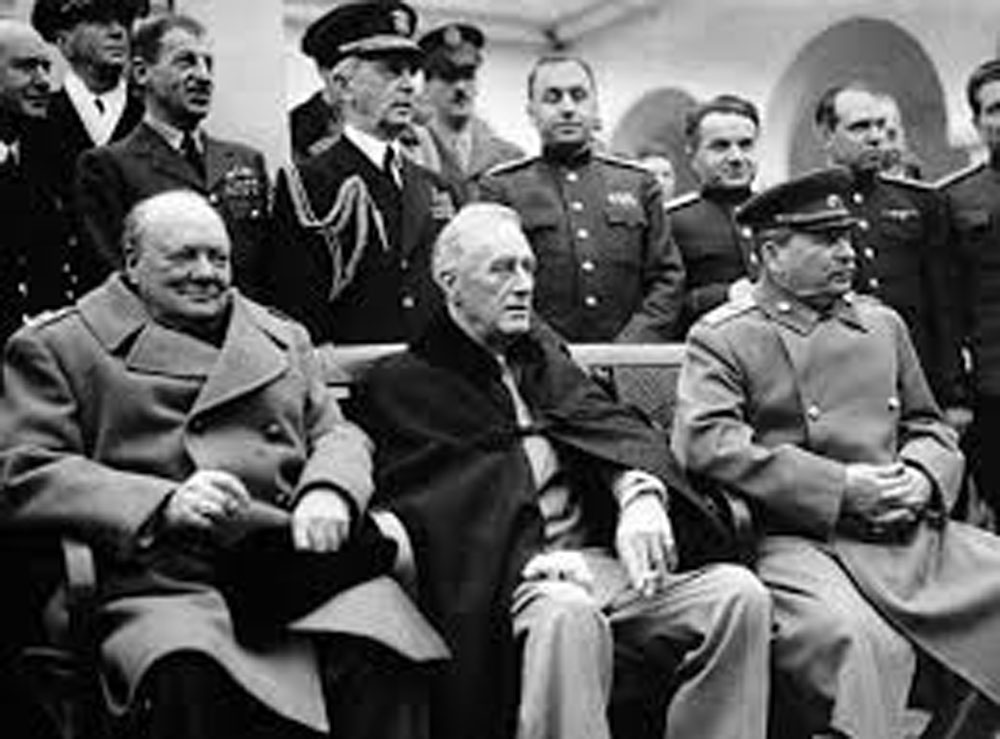
When Hillary Clinton announced a diagnosis of pneumonia last week, soon after leaving a Sept. 11 memorial service, she elicited a predictably partisan response. Fans of Donald Trump speculated that she wouldn’t survive the year, while her own supporters pointed out that hardworking people get sick all the time. Both presidential candidates have been pressured […]
How One Family Is Bringing Attention to Hydrocephalus
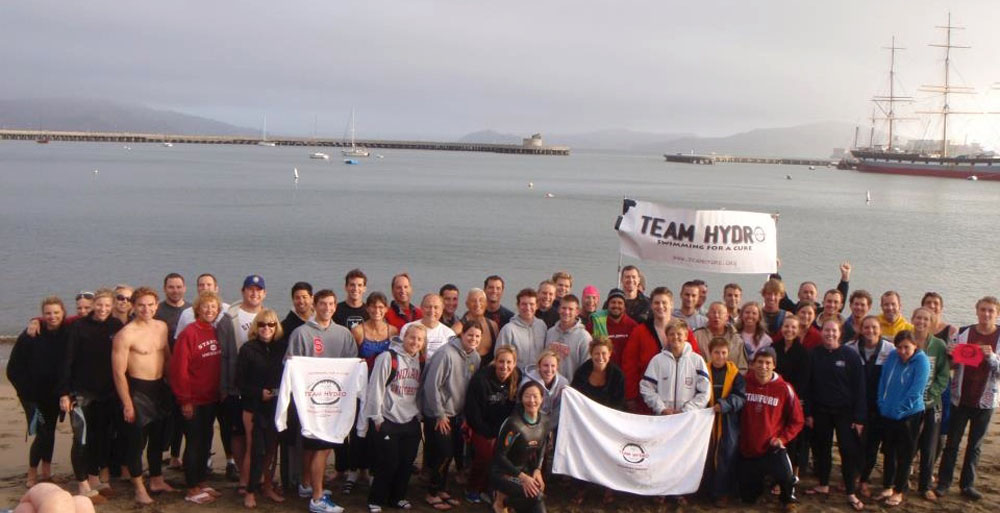
It is hard enough to support a seriously ill child through a devastating and poorly understood illness. But it is quite another thing to start an organization devoted to raising money to publicize the disease and raise money for research. That, however, is just what the Finlayson family did when their daughter Kate was fighting […]
Can We Talk About Your Weight?
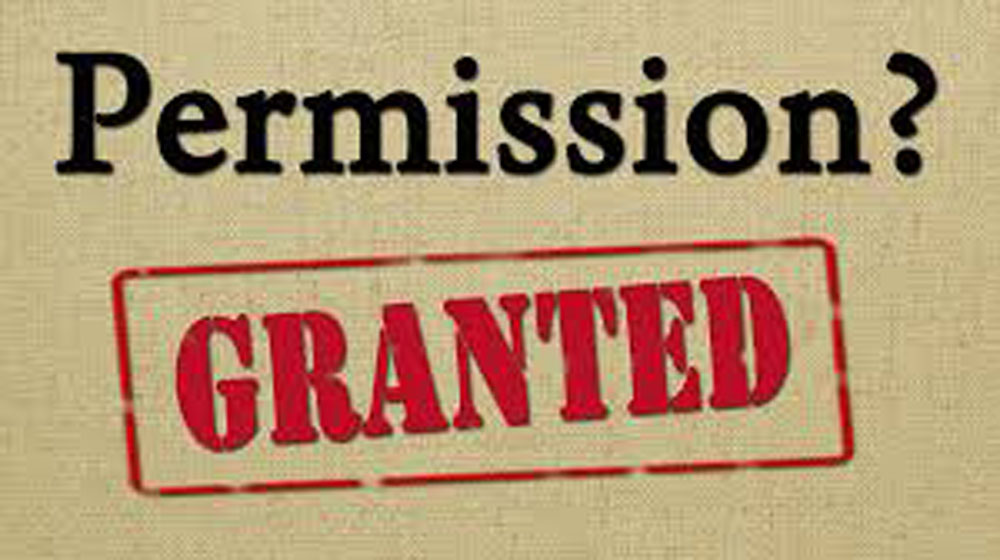
Recently, when attending a medical talk about the connection of unhealthy diets to obesity, heart disease and cancer, I was caught by surprise. “When I want to discuss this issue with patients,” the speaker, a physician, said, “I ask permission.” Permission? I said to myself. Since when do doctors with proven strategies for improving health […]
Drunk Driving’s Biggest Foe: Doris Aiken at 90
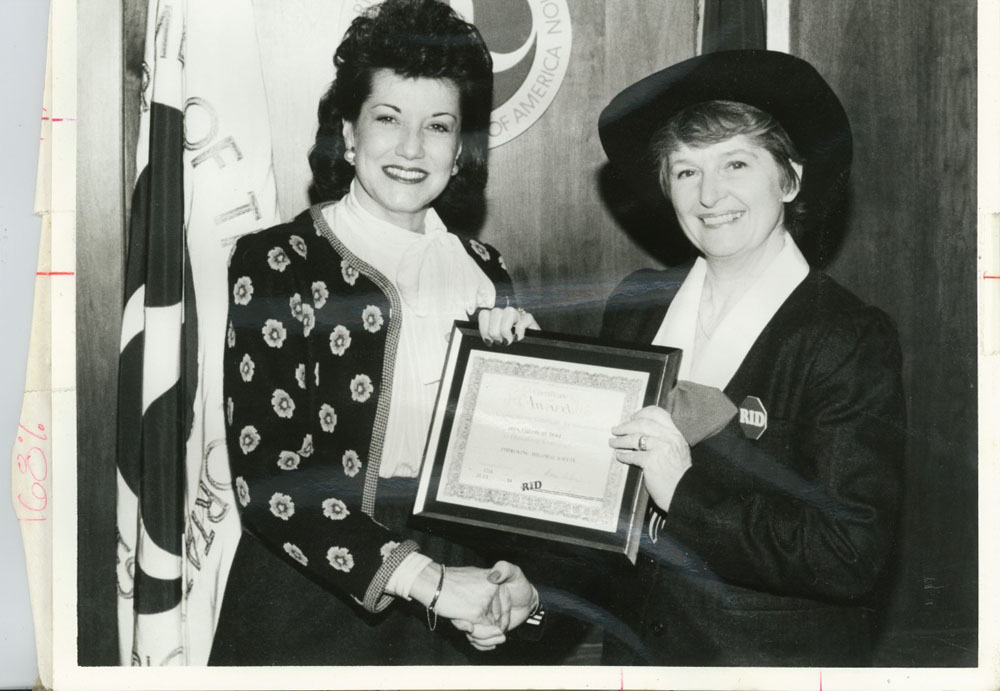
When someone dies a preventable death, there is no obligation for loved ones to become activists, aiming to stop similar deaths. It is enough to merely grieve for a tragic loss. But some people turn their grief into action, devoting countless hours to educating the public and creating change. One such person in Doris Aiken, […]
Straddling Conventional and Alternative Cancer Treatment
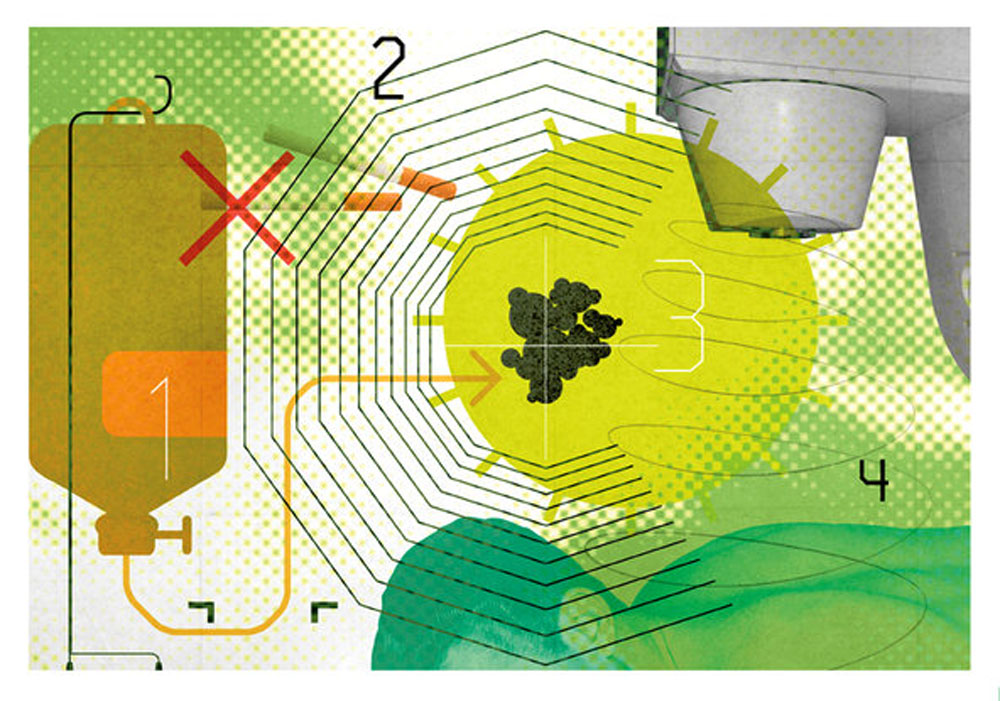
When Dr. Nicholas Gonzalez died in July, there was not much notice. He did not get an obituary in The New York Times or in most other major media outlets. Yet Dr. Gonzalez, whom I interviewed in 2003, was a fascinating figure in the world of cancer, walking a tenuous boundary between orthodox oncology and […]
The Actual Value of Breast Cancer Stories
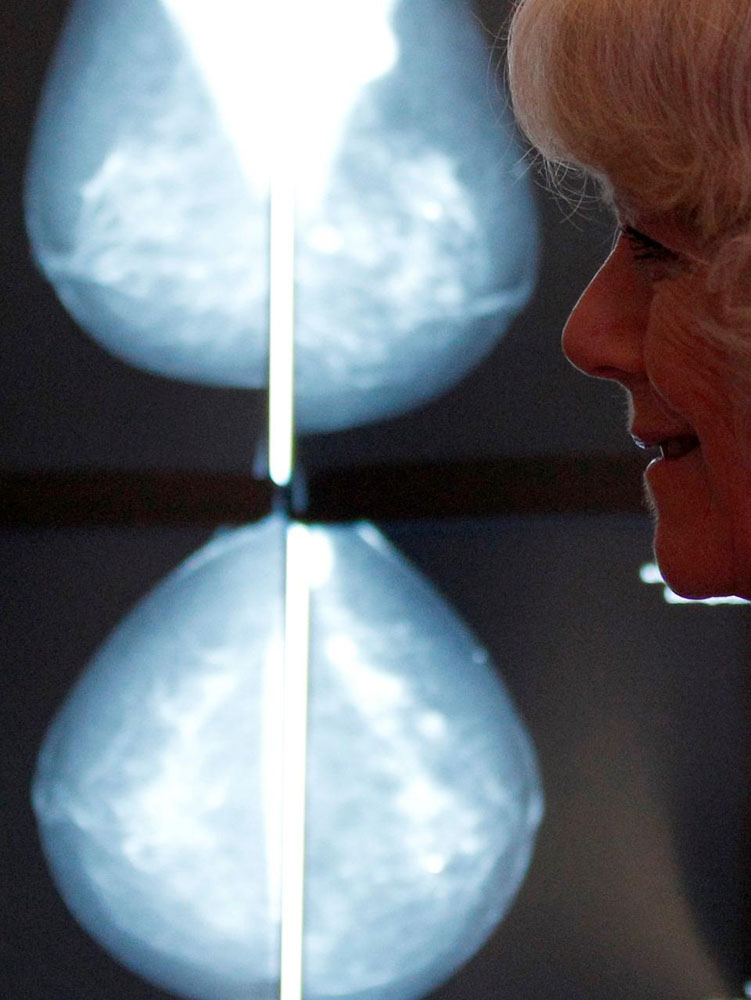
In 1959, Jane Crile, the wife of Cleveland Clinic breast surgeon George (Barney) Crile, discovered a breast lump. Her husband was one a few renegade breast surgeons advocating that doctors no longer perform the disfiguring Halsted radical mastectomy but rather just remove the affected breast—which seemed to be equally effective. When word of Jane’s mass […]
Before Charlie Sheen, They Went Public With HIV
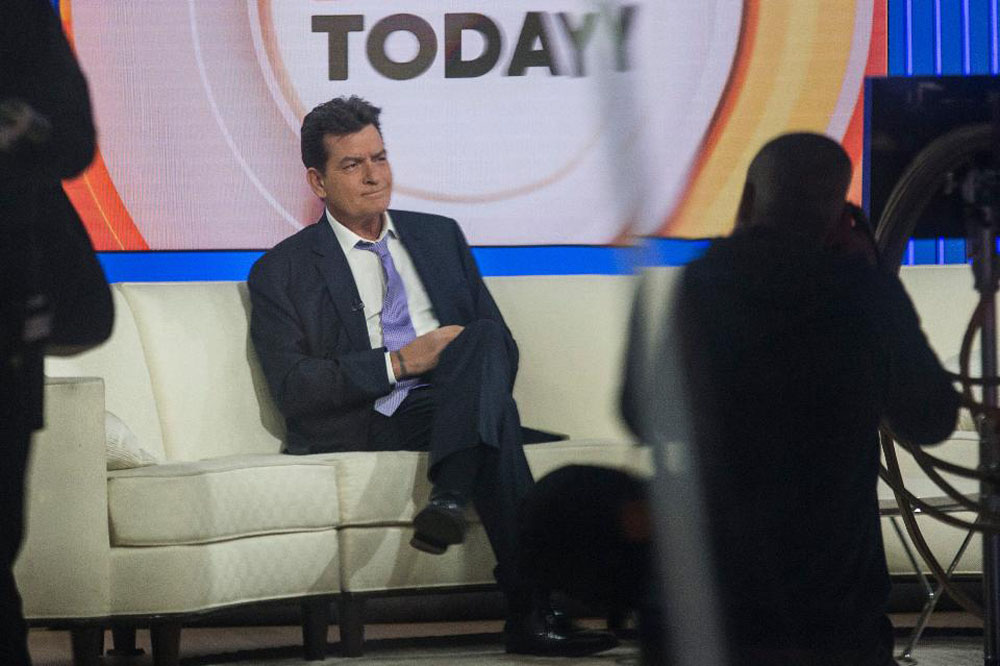
Charlie Sheen’s announcement on Tuesday’s Today show that he is HIV-positive was shocking, but when Hollywood activist Elizabeth Glaser and tennis great Arthur Ashe announced their diagnoses of HIV 25 years ago, it was stunning. At the time, AIDS, which eventually killed both Ashe and Glaser, was incurable. And HIV was still incorrectly thought of […]
Why Did the American Cancer Society Ignore Evidence About Early Detection Until Now?
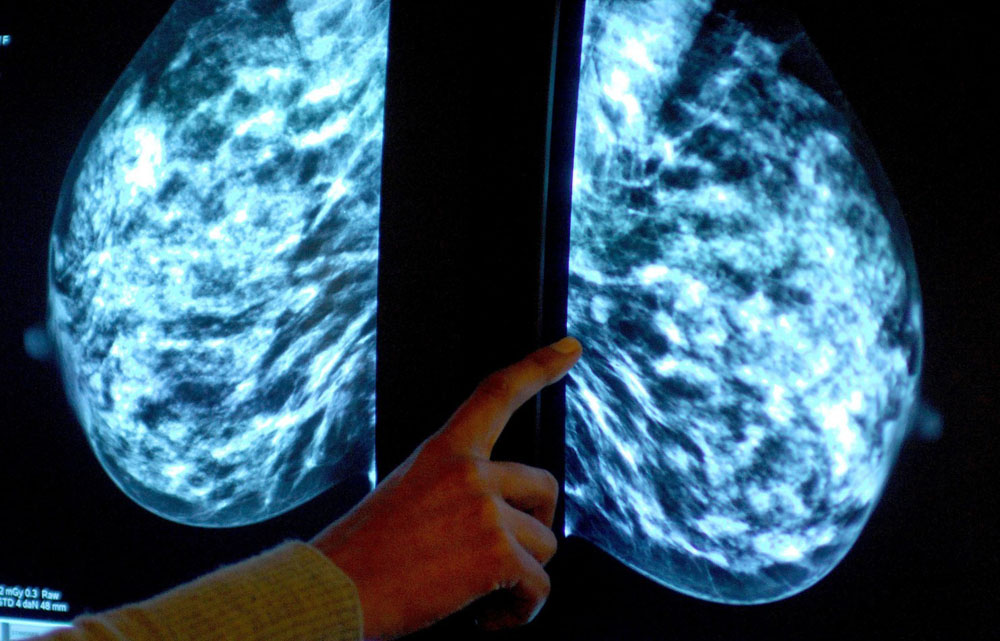
For a century, the American Cancer Society has held up “early detection” of breast and other cancers as its mantra. Once, that made sense. But over the past few decades, the limitations of this approach have become increasingly apparent to researchers, physicians and other advocacy groups: Early detection may not save lives, and it can […]
Teaching Medical Students About Culture and Consent
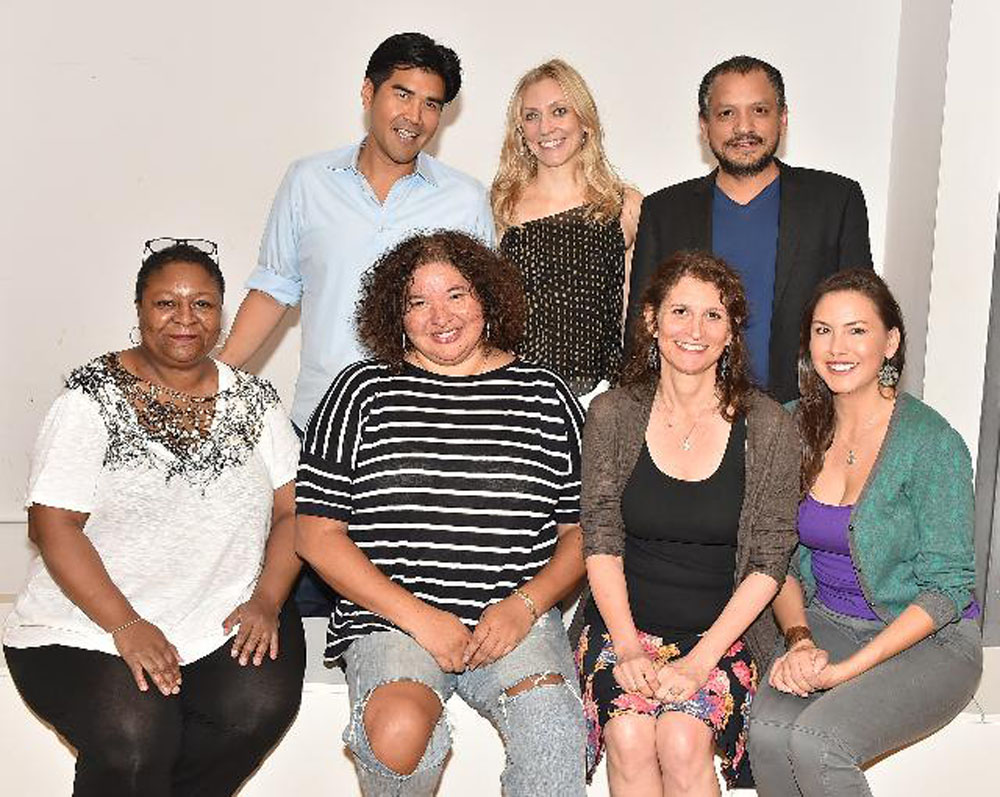
If a medical researcher had the chance to make a crucial discovery in the fight against a serious disease, is it acceptable to mislead the subjects of her experiment? Seventeen new medical students from the New York University School of Medicine grappled with this question recently as they attended a showing of Informed Consent, an […]